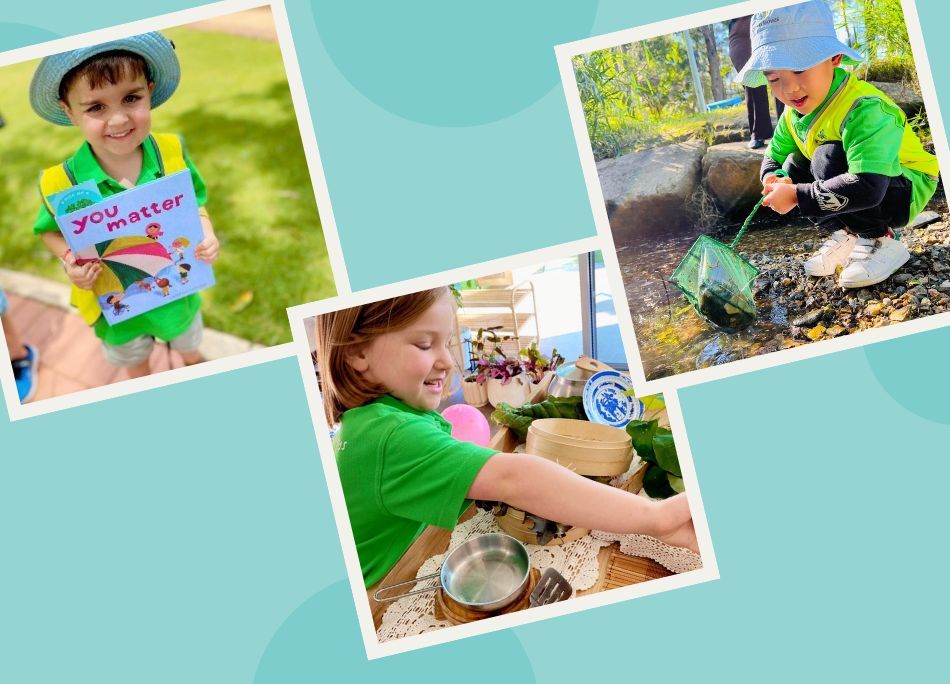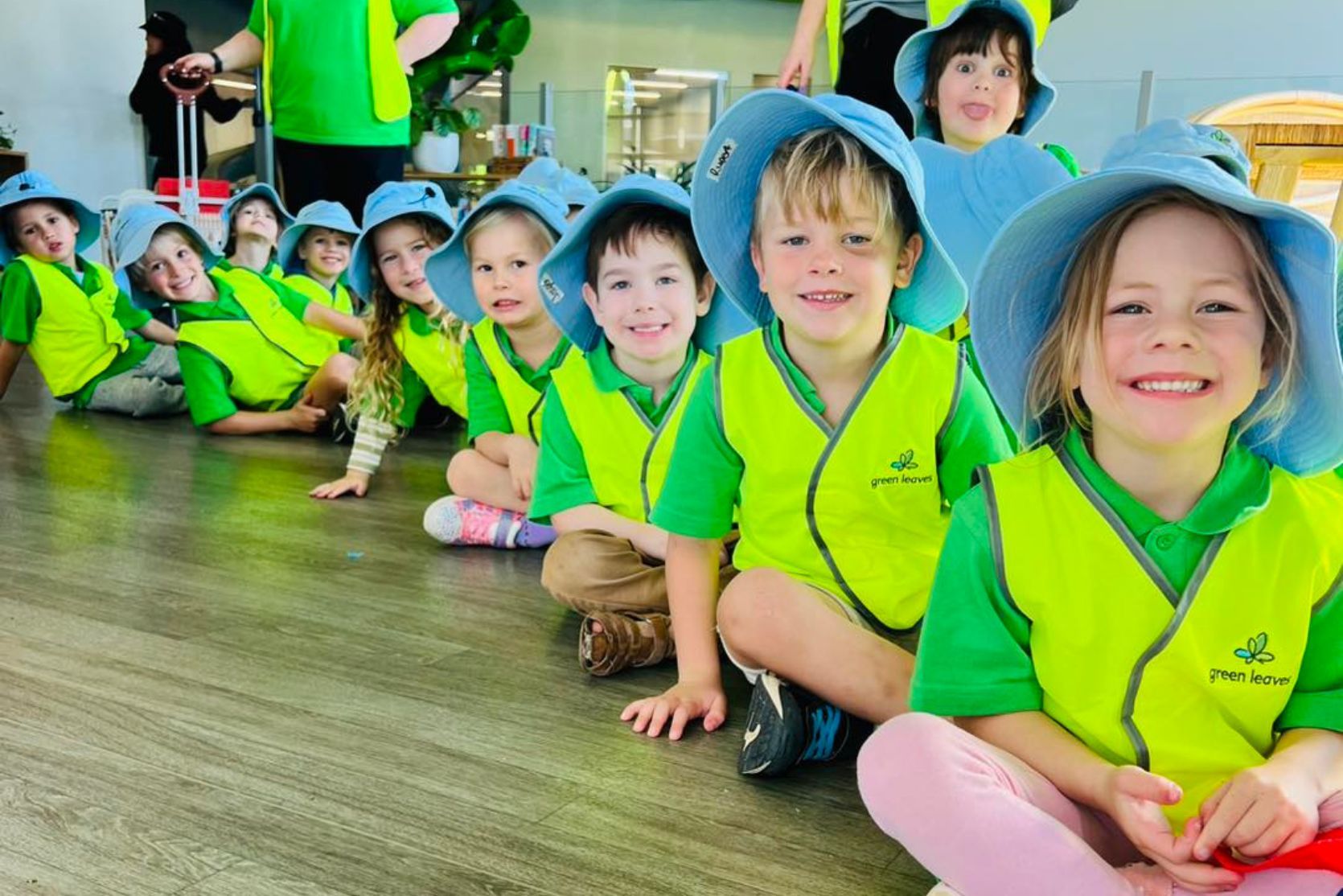The Benefits of Attending Two Years of Kindergarten
Across Australia, there’s been an introduction to more formal learning with some children beginning their pre-Kindergarten journey at the age of three. With the Victorian government recently introducing funded Kindergarten programs for three-year-old children, we understand that many families would like to learn a little more about the benefits of attending two years of Kindergarten – after all, the experiences during these years may influence the transition to formal schooling. Sharing some insights with families, this article will explore and explain why the change has been made.
In their early years, children are receptive and eager learners as their neural pathways are developing at a rapid pace – in fact, faster than any other time in their lives. During the baby and toddler years, a million new neural connections are formed every second. By the time a child turns five, around 90 per cent of a child’s brain development has already taken place.
While genes provide the initial map for the brain, the significant ‘wiring’ that occurs early in life effectively programs a child’s development, which is why it’s the perfect time to nurture a child’s curiosity and thirst for knowledge., Kindergarten provides experiences that support children to become confident learners as well as set a strong foundation for their educational journey.
There is national and international evidence that quality Kindergarten programs lay the foundation for success during formal school years, with attendance for more than one year strongly linked to more positive results.
Research to date has also highlighted that children who attend two years of Kindergarten benefit in areas such as language development and literacy, early number concepts, independence, concentration and social skills by the time they begin formal schooling.

Green Leaves embraces the Early Years Learning Framework (EYLF), which is based around the concepts of belonging, being and becoming. The Kindergarten program at Green Leaves features day-to-day activities that expands on the children’s knowledge and connection to themselves, their families, their culture, their environment and the broader community.
Our Kindergarten learning journey is guided by Early Childhood Teachers (ECTs) who program age-appropriate and purposeful play-based learning experiences to suit the children’s evolving interests. With the belief that children are capable learners, and educators are co-learners, and facilitators, the program provides the most appropriate conditions for children to express their abilities.
As children step into the world of formal schooling, it’s important that they feel welcomed, safe, and confident. This gives them the opportunity for a strong start. The intention around a ‘positive transition to school’ is to provide a snapshot of each child’s knowledge, skills and learning dispositions for their school teacher for the following year. This means that at the end of each child’s Kindergarten journey, families are provided with a ‘Transition Learning and Development Statement’. This document is the method in which educators share information about a child’s learning and development.
For families who are about to commence their Kindergarten journey, Dr Karen Grubb, Green Leaves’ National Learning, Research and Development Partner, shares with us what an ideal Kindergarten program may look like.
“An ideal Kindergarten program is one that’s led by a qualified and experienced ECT who confidently advocates, plans and implements the most current understandings of a quality play-based curriculum.
This can be demonstrated through experiences that encourage children’s deep thinking, challenge their skills, provides opportunities to work independently or cooperate as a team, establish friendships, and respectful inclusion of culture and language,” explains Dr Grubb.
The Kindergarten years provide experiences for children to grow and develop through play and interaction. Dr Grubb also added, “It’s essential that children attending Kindergarten have intentionally planned, open-ended experiences that allow them to develop at their own pace.”
Respecting a child’s learning pace supports them in becoming confident learners in a safe environment, providing a framework of belonging, being and becoming.
Keep an eye out for our next article, where we’ll take a look at what a successful Kindergarten program entails.
Sources:
Centre on the Developing Child (2007). The Science of Early Childhood Development (InBrief). Retrieved from www.developingchild.harvard.edu
3 Moore, T.G. et al. (2017). The first thousand days: An evidence paper – summary. Parkville, Victoria: Centre for Community Child Health, Murdoch Children’s Research Institute.
S Fox et al. (2016) Mitchell Institute Report No. 03/2016. Preschool – Two Years are Better Than One – Developing a universal preschool program for Australian 3 year olds – evidence, policy and implementation.






